The full membership process
How to become a Full Member?
To become a full member you must undertake training determined by the Membership Committee, and submit an application form and examples of your work. The number of examples and the types of financial statements you must submit vary according to whether you wish to become an Associate or a Fellow. For example, you need to have been involved in at least two independent examinations to apply to become an Associate and a minimum of six independent examinations if you apply to become a Fellow.
ACIE's Membership Committee decided that, with a view to increasing pass rates, all applicants for ACIE Full Membership on or after 1 January 2025 (including any applying for a second or subsequent time) must have attended and completed the following training events:
(1) Applicant to be an ACIE Fellow:
- (i) 'Applying For Full Membership' workshop; and
- (ii) Courses A, B and C.
(2) Applicant for a licence, as an ACIE Associate Member, to act as independent examiner for charities publishing financial statements prepared on an accruals basis:
- (i) 'Applying For Full Membership' workshop; and
- (ii) Courses A, B and C.
(3) Applicant for a licence, as an ACIE Associate Member, to act as independent examiner for charities publishing financial statements prepared on a receipts and payments basis:
- (i) 'Applying For Full Membership' workshop; and
- (ii) Courses A and B.
Course A - Building your Independent Examination skills
Course B - Charity Accounts Prepared on a Receipts and Payments basis
Course C - Charity Accounts Prepared on an Accruals basis
Once applications are checked over for completeness, copies are sent to two members of the Membership Committee; each assess the application independently and the two reviews are compared. If both assessors are in agreement as to the quality of the application, a decision is made. If there is any disagreement between the two assessors, a further discussion takes place and the final decision rests with the Committee Chair.
After the assessment process has been completed, one of the following outcomes will be assigned:
● Application accepted
● If some minor concerns a Licence is granted for a period, usually 12 months, and a request for further submissions
● If close to meeting requirements you may be asked for additional evidence.
● If Committee feels that a different category/licence is more appropriate (usually lower) that will be offered.
● Application is rejected – full reasons for the rejection are given to the applicant.
ACIE is looking for evidence that you have the appropriate knowledge and understanding of accounting principles, charity accounting and charity law and regulations in general, as well as the regulations specific to whichever part of the UK you work in.
We look for evidence that you have the appropriate knowledge and understanding of Independent Examination. For example, the application form asks you to list the steps you would take before , during and after an independent examination.
You will also need to demonstrate how you apply the key principles of independence, integrity, objectivity and confidentiality to your practice. The financial statements that you submit should also be presented in an appropriate form.
The membership form may be downloaded from this page, but please contact Admin@acie.org.uk for the guidance package for application for Full Membership. The application form is the form of a multi tab excel file. Please ensure you fill in all pages.
You may also find that the IE Workbook will assist you in ensuring you meet the criteria. This can be bought at a reduced price through the members area.
Some of the most common reasons for an applications being rejected include:
Unincorporated entities making reference to the Companies Act;
IE report not making reference to qualification of the Examiner when income > £250,000;
Carrying out work when not qualified to do so;
References in financial statements and IE reports to old legislation – wrong SORP; wrong Charities Act; wrong Companies Act, etc; and
Financial statements submitted with no Trustees' Annual Report.
